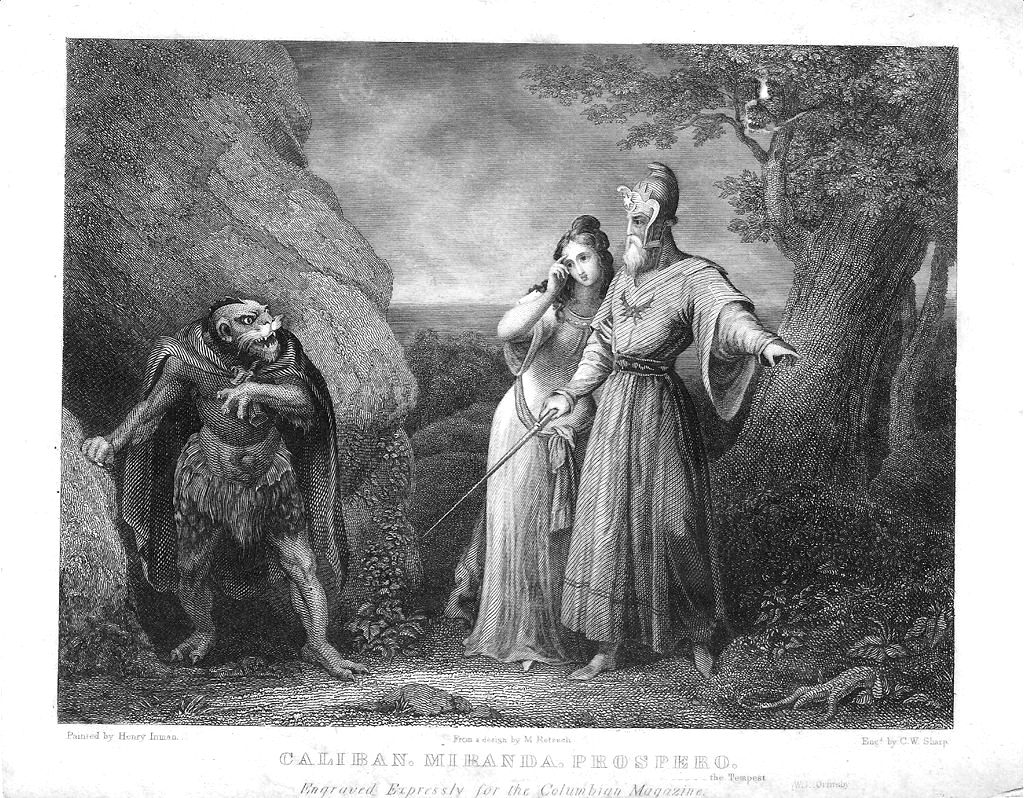For years the left has been attacked for insisting on political correctness, but I can’t help but think, after hearing rightwing commentator Rush Limbaugh refer to Georgetown law student Sandra Fluke as a slut and leftwing commentator Bill Maher refer to Sarah Palin as a c***, that the right and left might want to start pushing p.c. together. If they’d prefer, they can call it old-fashioned good manners.
Since when did we start becoming so obsessed with women’s sexual anatomy? Republican state legislatures in Arizona, Virginia, Texas, Pennsylvania, and other places are having discussions and passing legislation that a few years ago would have seemed unbearably intrusive. And while the left hasn’t been passing laws on the subject, they are not immune from talking about body parts. My friend Rachel Kranz notes that Eric Alterman of leftwing Nation has talked of rightwing flamethrower Ann Coulter’s “bony ass.” “They should talk about her politics, not about her body,” Rachel says.
Given how the n-word has come back since the election of Barack Obama, one can only imagine all the sexist slurs we’d be hearing if Hillary Clinton were currently our president.
Rachel has a couple of scenes in her novels (one in Leaps of Faith, one in the soon-to-be-completed sequel Entanglement) where she shows people calling out friends for using the c-word. Both times the culprit is a gay British character named Ian. The principled and, in the second case, diplomatic way that characters protest Ian’s use of the word can be an inspiration for us all not to remain silent when we hear offensive language—even when speaking up puts the relationship at risk.
The first scene occurs during a dinner with three gay couples talking about same sex marriage. Ian has just been asked whether his daughter is in England:
“No, in Vermont,” Ian says. “my cunt of an ex-wife is an American, actually. So believe me, children, when I talk about the disastrous consequences of the institution of marriage, I know whereof I speak.”
“At least you got a green card out of it,” Simon says, and you’d think it would be apparent to everyone that we should just change the subject now. But instead, Chris says, even more sympathetically, “And she won’t let you see your daughter?” at the same time that Joshua says, “ I realize this must be a difficult topic for you, Ian, but I don’t think there’s any excuse for using that word.”
In Rachel’s current novel, Ian and the narrator (Warren) have gone out to dinner and are remembering the earlier conversation:
Through most of the salad course, our conversation manages to be completely casual—books we’ve read, films we’ve seen, gossip about people we know, including Joshua, to whose dinner party this weekend Ian and Simon have also been invited. “Obviously we have to go,” Ian says. “Although between you and me, I’ve never gotten on with Joshua since the evening he told me not to refer to my ex-wife as a cunt—do you remember? It was all I could do not to call him a cunt, though I suppose I should make allowances for the fact that the word simply doesn’t read the same way here as it does in England. I mean, Vivian is perfectly capable of calling me a cunt, and has demonstrated said capacity several times, frequently to an audience of highly interested third parties. I don’t see why I shouldn’t enjoy equal-opportunity insults.”
I laugh, though I can’t help saying, “Well, I’m not terribly fond of that word either. But I think I have the same trouble with any insult based on a body part. Somehow it makes me feel protective.”
“Of the body part?”
“Well—yes.”
“That’s rather touching, actually,” Ian says, and then we have to look away again.
Feeling protective of the body part is actually a wonderful way to think of it. Rachel’s passage makes me understand my own discomfort. I have respect for our bodies and somehow both the person and the body part crash together when we refer to them in this way. Besides, it’s a lazy insult. You don’t come off looking daring or shocking. Only unimaginative.


